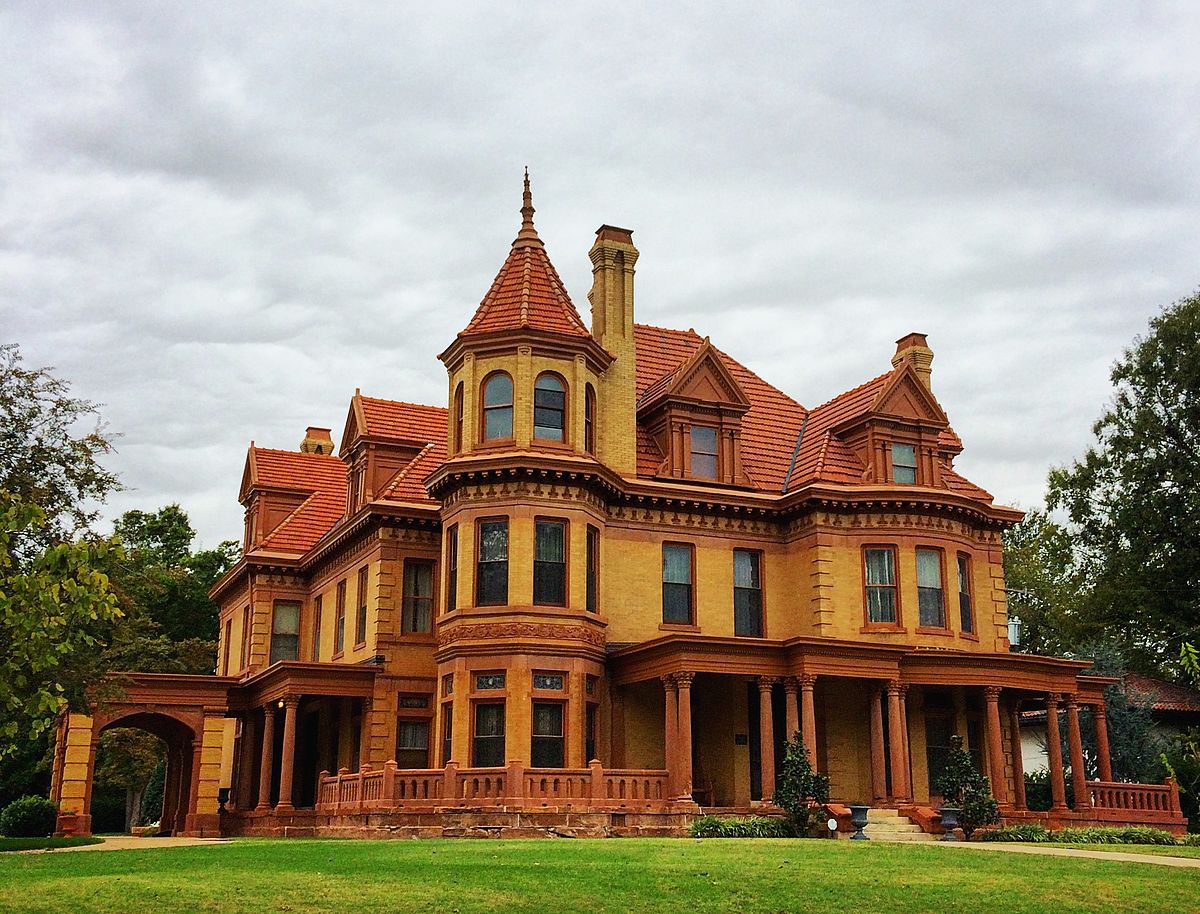“Hashem is righteous, and I and my nation are wicked…” (9:27)
There was a simpleton who once made his way to the home of a wealthy man. He had never met the man but had heard of his reputation for immense wealth and lavish possessions. The visitor was awestruck by the magnificent home, and the beautiful garden. A large path led to stairs laden with marble, which led to the giant reception hall. His hand trembling, he knocked on the immense, wooden door.
The door opened into an enormous room, illuminated with stunning chandeliers, with rare pieces of artwork adorning the walls and a brilliant carpet covering the floor. An aura of luxury and glory resonated through the house.
“I…I was wondering if perhaps I could speak to the master of the house,” the simpleton asked politely. “I am the master of the house,” answered the man before him. “What can I do for you?” Suddenly an arm swung around and grabbed the neck of the man standing in the hallway. Angrily, a voice asked, “Are you the master of the house?”
His eyes rolling in his head and squinting from pain, the man answered, “I am sorry Sir. I was just joking.” The owner of the arm slowly emerged from the shadows and said, “Pay no attention to this man, he is just one of my servants. Come with me to my chamber, and we can talk there.”
The Dubno Maggid explains that Pharaoh, the king of Egypt, may be likened to that irreverent servant. He thought himself to be divine. He would boast, “The Nile River is mine. I created it!” He, therefore, refused to obey the orders of Hashem, until, suddenly, a mighty Hand took the hold of his neck, and Hashem, the Master of the World, devastated Pharaoh with one plague after another.
Choking and unable to breathe, Pharaoh ultimately realized that he could not withstand the finger of Hashem, the hand of G-d, and he confessed, “Hashem is righteous, and I and my nation are wicked.” (From the Torah Tavlin)








